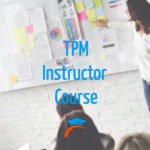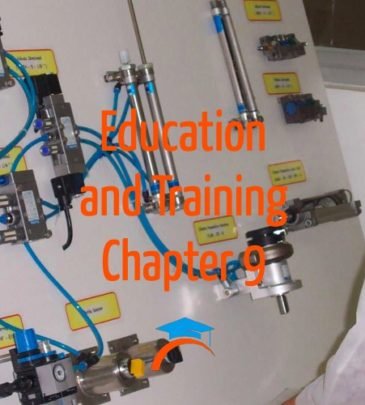TPM
TPM
TPM stands for “Total Productive Maintenance“, where the word total implies total participation – in other words, everyone in the company, from senior management to front-line operators, playing an active role in productive maintenance, nowadays it has become even more all-embracing, and is often used to denote “Total Productive Management”, or even “Totally Perfect Manufacturing”.














